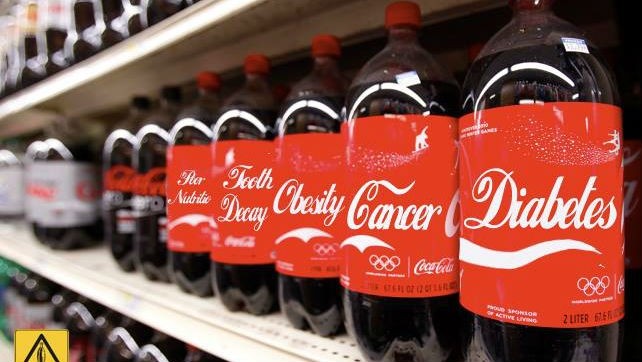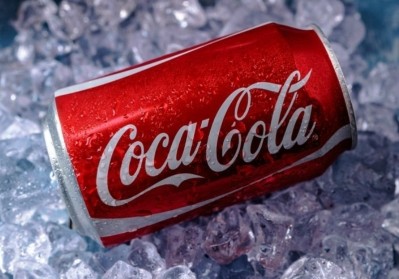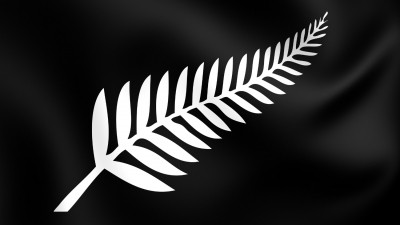NZ Health Minister responds to appointment of 'number one' sugar tax advocate

Recently, the Health Minister employed Dr Rob Beaglehole, a dentist and former Dental Association spokesman, who is a prominent pro-sugar tax lobbyist. He has repeatedly advocated a sugar tax in the media, as well as on his personal Twitter account.
Just last month, he shared and voiced support for an article about a push by the New Zealand Dental Association to put in place cigarette-style graphic warnings on soft drink packaging.
Nonetheless, Dr Clark told us, “Dr Beaglehole was employed because of his wide expertise, experience and relationships across the public health sector.”
New Zealand’s food and beverage industry had been taken aback by the appointment, with Katherine Rich, CEO of the New Zealand Food & Grocery Council (FGC) having said: “Being a ministerial advisor is a highly influential role. Appointing the number one sugar tax campaigner is a surprise.”
She further told us, “Dr Beaglehole’s policy and political experience is limited to a couple of areas; dentistry and sugar campaigning.”
The New Zealand Beverages Council (NZBC) told us it is "not concerned about the recent appointment of Dr Beaglehole as an adviser in the Minister of Health’s office".
Indicator of the future?
The Minister added, “As I’ve said before, we know that there is too much sugar in our diets and we need to change that, but we have no immediate plans for a tax on sugary foods or drinks.”
Rich, however, offered her suspicions about the appointment.
“Appointing a high-profile sugar tax campaigner to such an important role indicates the government direction of travel for its policy,” she said.
“If the government’s aim is to gather tax from citizens and mainly the poor, sugar taxes are lucrative. As a way of reducing obesity, sugar taxes are a big failure.”
She cited Mexico as an example and said that all that happened was that all beverages, including water, increased in price and sales of sugar-sweetened beverages (SSBs) had bounced back within the first year.
“Today, in Mexico, full-sugar drinks are cheaper than low-sugar drinks, so there is no signal to consumers to encourage them to switch,” she said.
Likewise, NZBC has affirmed it does not support the introduction of a sugar tax and said that such calls are "misguided" due to increasing international evidence that shows sugar taxes are "ineffective in reducing obesity".
"While New Zealand does have an increasing obesity rate, the reality is that the causes of this increasing obesity are numerous and complex, and include the over-consumption of high-energy processed foods, a lack of physical activity, environmental factors, parental health and genetic pre-disposition," Stephen Jones, communications and engagement manager, NZBC, told us.
Kiwi beverage developments
Dr Clark reiterated that his ministry and the government has pledged it would not introduce any new tax in their first term. Instead, they are looking at ways to reduce the amount of sugar in processed food and drink, and to develop a better labelling system for the benefit of consumers.
Dr Clark, together with Food Safety Minister Damien O’Connor, have met with food and beverage industry leaders in New Zealand on the topics of sugar reduction and reformulation.
Just about a month ago, Australia’s largest beverage companies agreed to a 20% sugar reduction across all non-alcoholic beverage products, the Australian Beverages Council (AusBev) announced.
This commitment was agreed upon by about 80% of the industry, including major brands such as Coca-Cola South Pacific, Coca-Cola Amatil, PepsiCo, Asahi Beverages and Frucor Suntory.
This was quickly followed by NZBC having said it is open to taking Australia’s lead in sugar reduction.
“This is a fantastic initiative by Australian Beverages Council and certainly an area that the New Zealand Beverage Council is excited to be talking to our members about,” said Jones.
However, he added, “While the over-consumption of sugar-sweetened beverages will cause weight gain, it is far too simplistic to blame their consumption on our obesity rates. In fact, sales of these beverages has actually been falling as consumers switch to low and no-sugar varieties while obesity rates have continued to climb.”
Jones told FoodNavigator-Asia that NZBC continues to be an active participant in discussions with policy makers regarding obesity and is represented in various working groups.
They are also "doing further work to ensure the public has access to the facts regarding obesity, sugar-sweetened beverages and consumption in New Zealand".
Meanwhile, Dr Clark added: “I have been meeting with the food industry who I think are now very clear about my concerns about the obesity epidemic, and my desire to see a reduction in sugar in our foods.
“It’s clear from those meetings that some businesses are already progressing a move to low sugar products.”
Among them, Coca-Cola New Zealand was the first in the world to launch Coca-Cola Stevia No Sugar in May, which is 100% sweetened with Stevia.
Rich added that New Zealand beverage companies have already developed low- or zero-sugar variants for “all major brands”.
“New Zealand consumers continue to choose low- or zero-sugar options in greater percentages than markets where there have been taxes. That indicates that Kiwi consumers understand the importance of reducing their sugar intake,” she said.



















